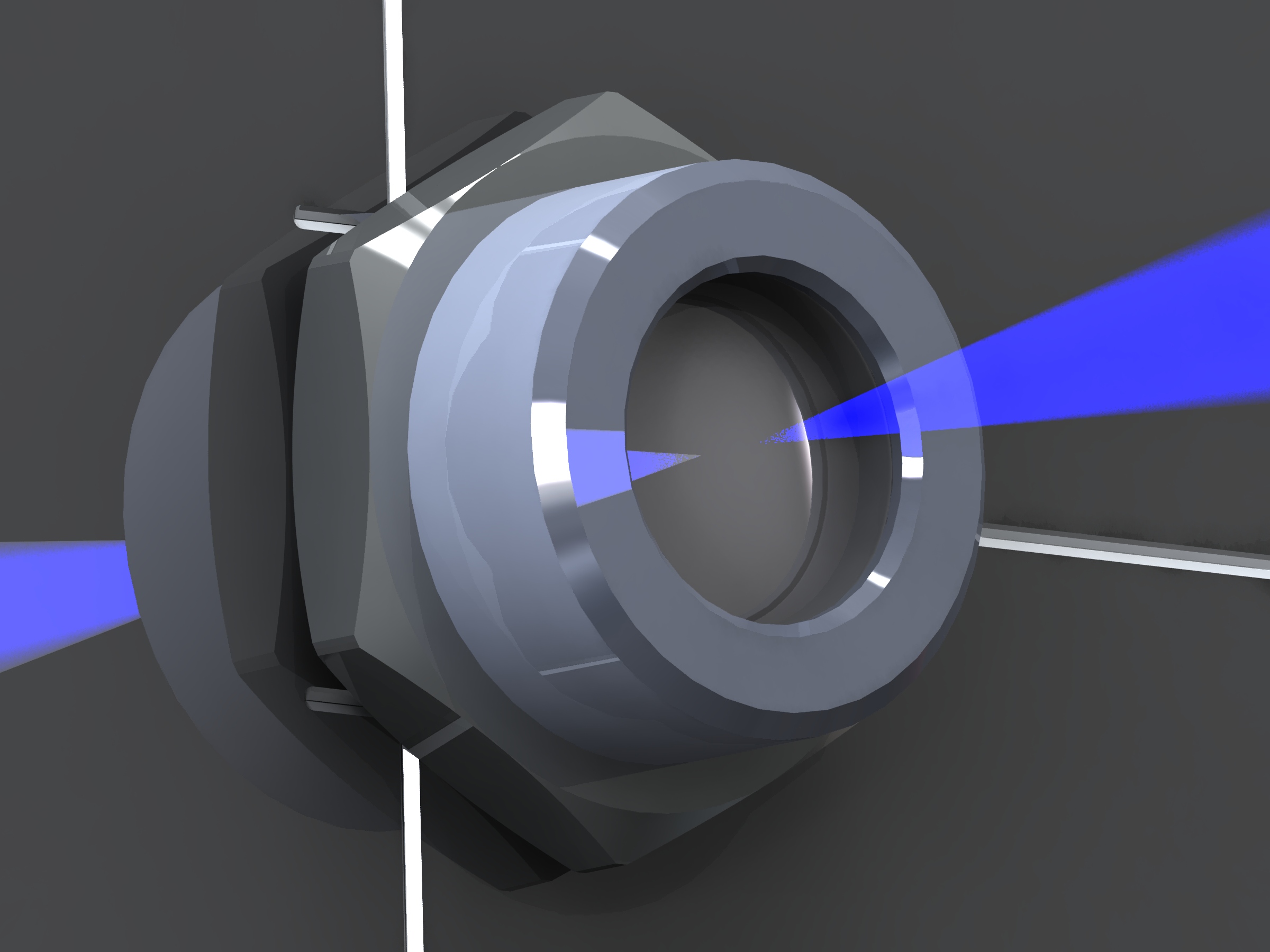In-process diametrical gauging with temperature compensation.
The Autonetics research team is currently investigating remote temperature sensors in a real world association with metal expansion during hard turning or forging.
The sensor will be integrated with our gauging end effectors to form a cohesive unit improving accuracy under extreme circumstances. Due to the various emissivity of metals a preset adjustment based on the sensors input is not applicable. In principle extrapolation of the real temperature can be found if the emissivity of the object is known realizing that it is frequently wavelength dependant. Therefore testing continues by replicating the hard turning environment and utilizing acutely tuned thermometers over a range of temperatures. Shown below a chart outlining the spectral emissivity of metallic materials:
Now let us look at the coefficients of linear expansion. The coefficient of thermal expansion for steel is 0.00000645in/in/deg F. Assuming we have a 2″ diameter part and increase its temperature by 100 degrees, our part will now be 2.00129″, 1.2 thousandth of an inch, or about 40um, which is significant. The potential of in-process tempearure measurement will avert undersized parts and assist in the reduction of waste. Oversized items conversely can be salvaged by refashioning.
The advantages of non-contact temperature measurement are clear, it supports:
- Temperature measurements of moving or overheated objects and of objects in hazardous surroundings
- Very fast response and exposure times
- Measurement without interreaction, no influence on the measuring object
- Non-destructive measurement, no mechanical wear


